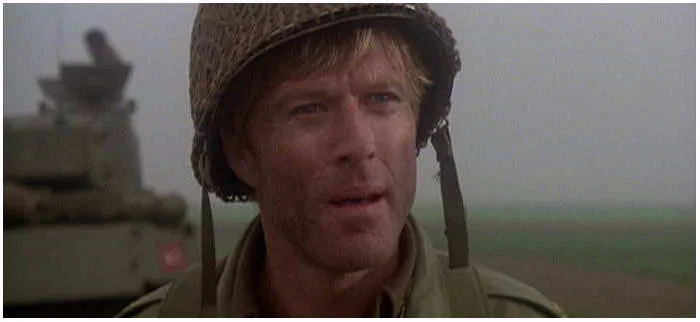I'm always interested in new ways of telling a story--so when I saw there would be a free puppetry class, taught by the talented members of Facto Teatro, I had to go.
I had no idea when I signed up online that one of my favorite friends was also attending, that I'd adapt a Liberian folktale ("Head, Body, Legs") into a script, and perform 48 hours later in a full-on, big-time puppet slam.
If you like to make people laugh--and I do--then there's nothing that feels better than hearing an audience crack up over a story you're telling. And nothing makes you worry like fearing that they won't.
Building the set and the puppet.
So while we fretted over how to make our main character's head roll around on the ground and worried if the waves of our cardboard river were moving in sync, I knew that success rode just as much on the timing and the character voices. And when we scrambled onto the stage with our tabletop set, I wasn't sure what would happen.
I'm happy to say the audience laughed. A lot. Thank you Indie Grits film festival, Columbia Marionette Theater, Lyon Hill, Facto Teatro, and my classmates for a great experience.
Alejandro Garcia fine-tuning "Head" (left) and one of our talented classmates using paper puppets to tell a magical story from her childhood.
I learned a ton, had a great time, and would love to make puppet slamming (if that's the right term) a regular part of my life.
I wrote about the storytelling lessons that my friend, artist Alejandro Garcia-Lemos, and I took away from the experience for the online magazine I manage for The Buckley School of Public Speaking, so if making a puppet show interests you, there's more over there.
To see the incredible work of all the puppet artists, here's a recap from Indie Grits.











